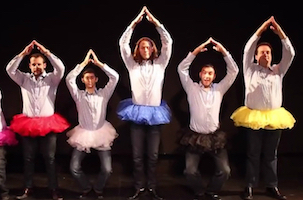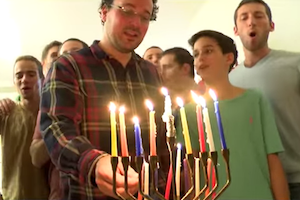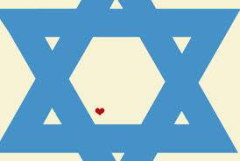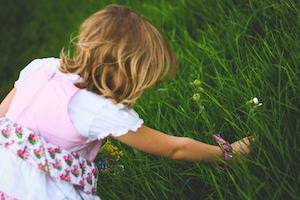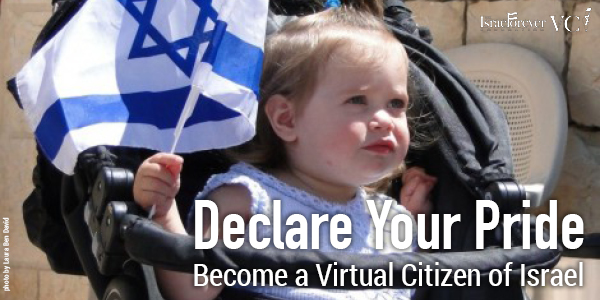Israel Does Humor: Laughing our way through life
There is nothing funny about the Holocaust. That’s how I grew up in my Jewish secular home in Los Angeles, where many of my friends were Jew-ish like me. We might not have known our Torah, but we understood there are certain rules in life you must follow: get married or have Jewish mothers try to set you up, learn Jewish guilt so you could pass it on to the next generation, and no jokes about Holocaust.
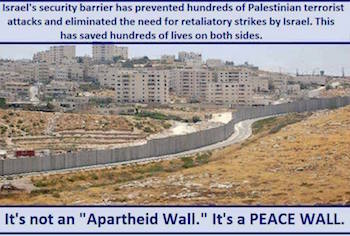
When I moved to Israel it seemed that the joke was on me. As a new immigrant who barely spoke the language and only had a vague understanding of what Zionism is, I found myself surrounded by new Israeli friends who laughed, not only about the Holocaust but even about terrorism.
We were living in Israel, circa 2005, a few years into the Second Intifada with daily bombings throughout the country. How was it possible that these Jews, the Jews of the Jewish Homeland could find humor in such darkness?
Baffled, I slowly became accustomed to the dark humor because it did have a bright light at the end of the tunnel. Yes, I was offended. I was offended for my parents that had taught me better, I was offended for Jews around the world that knew better, and offended for the Zionists that didn’t seem to value our past as much as making fun of it in our present.
But I found the light. It was a writer of the most popular satirical comedy show in Israel, “Eretz Nehederet,” that got to the punchline, so to speak. He said, “There is nothing funny about the Holocaust, but there is everything funny in surviving it.” Light bulb. The Jews of Israel were not apathetic to the Jews of the past, they were simply coping with the destruction that befell us.
In fact, from baffled to curious, I found that there were survivors that used humor to cope today and even those that used it in the camps. It was a weapon. They could take everything, but never take away humor. That fighting spirit translated into the modern day Jewish culture of Israel, trying to survive the war on terror. The bomb on their bus. The terrorist in the coffee shop. The empty streets. The darkness. That was their light, and they laughed and laughed.
The jokes take shape depending on if you are at war with rockets, or being bombed, and now in today’s increase in terrorism, with stabbings. The summer of 2014, was no summer at all. Like every year in Israel, there is no rain in the summer, but for 2014 it did rain rockets. In Jerusalem we had 90 seconds to find shelter. For my friends down south, just about 10. When I invited them to my home one shabbat, to find a bit more peace of mind, my friend, a mother of five boys responded, “90 seconds, why I could take a shower, have a cup of coffee, and breathe in the fresh air before I have to find a shelter.” She laughed, but we understood that this was just her way of coping. After all, she lived a few kilometers from Gaza, on a Kibbutz that was now scattered with shrapnel and fear.
Even the Israeli children found their dark sense of humor that summer. Her son’s told me they tried to send a text to Hamas to send a rocket when they were supposed to have a math test. So for me, that might have been, “my dog ate my homework,” for them, it was a rocket. For them that the was the iron dome. It was a shield that could defend them against fears and worry. And it worked. We were afraid together. We were laughing together. And ultimately we survived together.
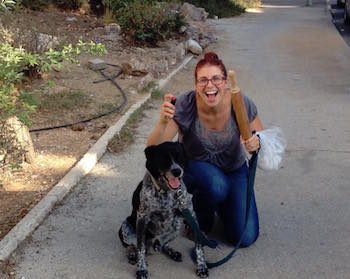
Fast forward one year, and now I write this blog post, constantly getting updates of a stabbing, an attempted stabbing, a car ramming, rocks being thrown, and I try to find the light. It is my humor that gives me strength. I laugh at myself when I walk around with a rolling pin, because maybe I finally can get some use out of it. I laugh at others when they tell me that accidentally sprayed themselves with pepper spray. I even laugh at the satirical shows that mock the terrorists and the politicians, cutting into the truth (so to speak).
It is a humor that I have learned to appreciate. It is dark, but it shines with light. It is our universal language, of Jewish immigrants from around the world coming together, to share this land and these laughs.
Ethiopian-Israeli actor Solomon Mersha understood early on that he too would play this role. “Comedy is medicine,” he said, when I interviewed him, putting together my comedy lecture on Israeli humor. He summed it up for me.
It is a dose of reality for many of us. We continue to survive and to celebrate. We continue each Chanukah to remember our we defeat the odds. That is something to praise and something to laugh about. Yes, we are still here, it is a statement and a joke, so I laugh with pride.
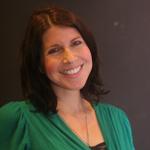
Molly Livingstone is a freelance reporter and comedian, not to mention a mother of two, living in Jerusalem. While playing all those roles, the script remains the same, showing the world the Israel that she sees everyday, from the people and places, to the culture and definitely the food.
Recommended:
CELEBRATE YOUR CONNECTION
Declare your pride as a Virtual Citizen of Israel today!
About the Author


